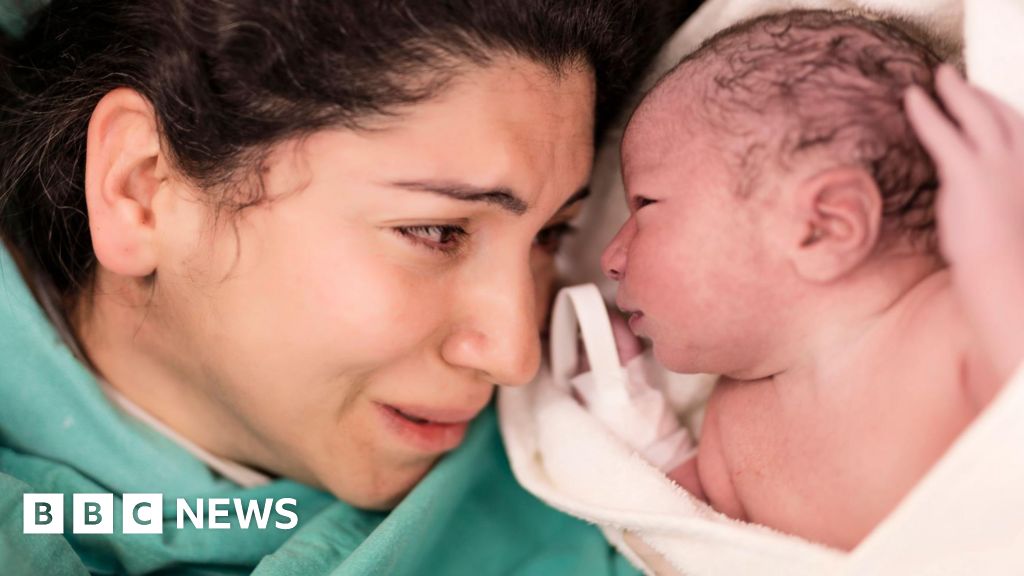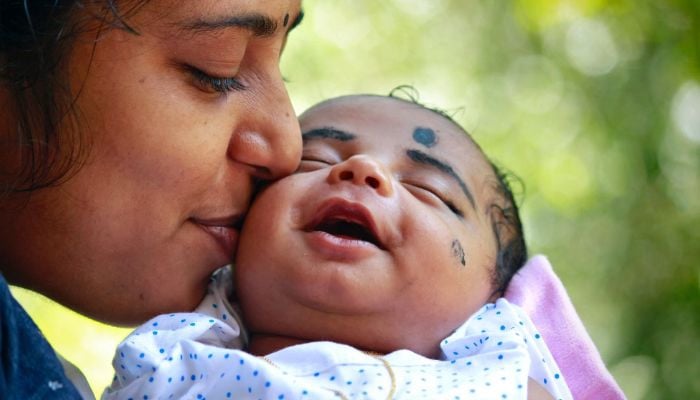Domestic violence against pregnant women can seriously impair the baby’s brain development, according to a recent study.
Researchers from the Universities of Bath and Cape Town gathered 143 brain scans from South African newborns whose mothers had experienced intimate partner violence (IPV) while they were pregnant for the study. Brain scans of newborns were often performed at three weeks old to show any changes that may have developed in the womb.
Data from the Drakenstein Child Health Study (DCHS) were used in the study. IPV can apply to sexual assault as well as physical and emotional abuse.
The CDC also classifies stalking as IPV. Every year, millions of people in the world are affected by IPV, which is widespread. According to the National Intimate Partner and Sexual Violence Study (NISVS) conducted by the CDC, 26% of men and 41% of women in the United States reported having been the victims of IPV from an intimate partner.
According to data, 53 million men and 61 million women have experienced psychological abuse from partners at some point in their lives, reported Health News.
According to the study, which was published in the journal Developmental Cognitive Neuroscience, moms who experienced IPV during pregnancy may have an immediate impact on the brain development of their newborns.
The study considered pregnancy problems as well as maternal alcohol and cigarette use throughout pregnancy.
The fact that the effects of IPV during pregnancy differed depending on the baby’s sex was a key finding of the study. For instance, a smaller amygdala, which is in charge of emotional and social development, was found to be associated with infant girls. The caudate nucleus, which controls a variety of functions including movement, learning, memory, reward, and motivation, was shown to be bigger in baby males who had been exposed to IPV.
These early-stage changes in brain structure are linked to increased susceptibility to psychological symptoms in childhood or into adulthood. The varied mental health issues that girls and boys experience later in life may be explained by gender differences.
Nevertheless, the researchers did not examine how toddlers develop emotionally and cognitively. “The three Rs of domestic violence awareness— recognise, respond, and refer — are urged by our findings. Children’s healthy brain development may be supported by preventing or swiftly assisting women fleeing domestic abuse “said Lucy Hiscox, the project’s principal investigator from the University of Bath’s Department of Psychology.
This study is the first to look at the effects of domestic violence. Previous studies have looked at the effects of maternal stress during pregnancy and its impact on children’s brain development.
The newborn infants who participated in the study are now around eight or nine months old, and their brain structures will be monitored to determine if they haven’t changed much from when they were three weeks old.
“Strategies that help identify and support pregnant mums for multiple potential risks to their unborn babies will require an integrated health system approach and should be considered a public health priority,” wrote co-author Professor Kirsty Donald, MD, a paediatric neurologist and Head of the Division of Developmental Pediatrics at the University of Cape Town.














































